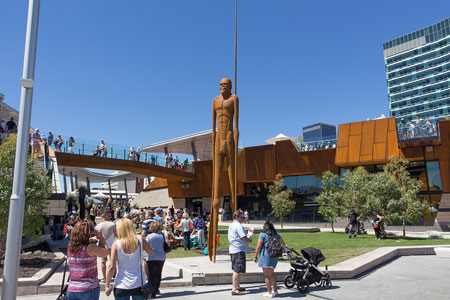Perth Translation Services » Urdu translator » Urdu Medical Translation
Urdu Medical Translation
Perth translation uses full-time, professional Urdu translators for Urdu medical translations.
Urdu medical translations are required for referral letters from doctors, reports for patient's health, medical or health-related products and services, and research purposes. Our Urdu translators take care to ensure the right medical terminology is used in the medical translations.
Urdu Medical Translators
Upload your documents for translation
Latest Testimonials


About the Urdu Language
The origin of the Urdu language is the Mughal Empire's word for army, Urdu. However, contrary to popular belief, Urdu was not created in the army camps of the Mughal Army. Urdu is spoken the same as present-day Hindi, but Hindi uses the traditional Devanagari script (a decedent of Sanskrit), whereas Urdu uses the Persio-Arabic alphabet.
The poet Ghulam Hamadani Mushafi coined the term Urdu for this language in 1780. However, this began to alienate the two major cultures in India/Pakistan, the Muslims and Hindus. Hindus began to speak and write Hindi, whereas Muslims would begin to speak Urdu.
In Pakistan, Urdu is mostly learned as a second or a third language as nearly 93% of Pakistan's population has a native language other than Urdu. Despite this, Urdu was chosen as a token of unity and as a lingua franca so as not to give any native Pakistani language preference over the other. Urdu is therefore spoken and understood by the vast majority in some form or another, including a majority of urban dwellers in such cities as Karachi, Lahore, Okara District, Sialkot, Rawalpindi, Islamabad, Multan, Faisalabad, Hyderabad, Peshawar, Quetta, Jhang, Sargodha and Skardu. It is written, spoken and used in all provinces/territories of Pakistan although the people from differing provinces may have different indigenous languages, as from the fact that it is the "base language" of the country. For this reason, it is also taught as a compulsory subject up to higher secondary school in both English and Urdu medium school systems. This has produced millions of Urdu speakers from people whose native language is one of the other languages of Pakistan, who can read and write only Urdu. It is absorbing many words from the regional languages of Pakistan.
Although most of the population is conversant in Urdu, it is the first language of only an estimated 7% of the population who are mainly Muslim immigrants (known as Muhajir in Pakistan) from different parts of South Asia. The regional languages are also being influenced by Urdu vocabulary. There are millions of Pakistanis whose native language is not Urdu, but because they have studied in Urdu medium schools, they can read and write Urdu along with their native language. Most of the nearly five million Afghan refugees of different ethnic origins (such as Pashtun, Tajik, Uzbek, Hazarvi, and Turkmen) who stayed in Pakistan for over twenty-five years have also become fluent in Urdu. With such a large number of people(s) speaking Urdu, the language has acquired a peculiar Pakistani flavour further distinguishing it from the Urdu spoken by native speakers and diversifying the language even further.

